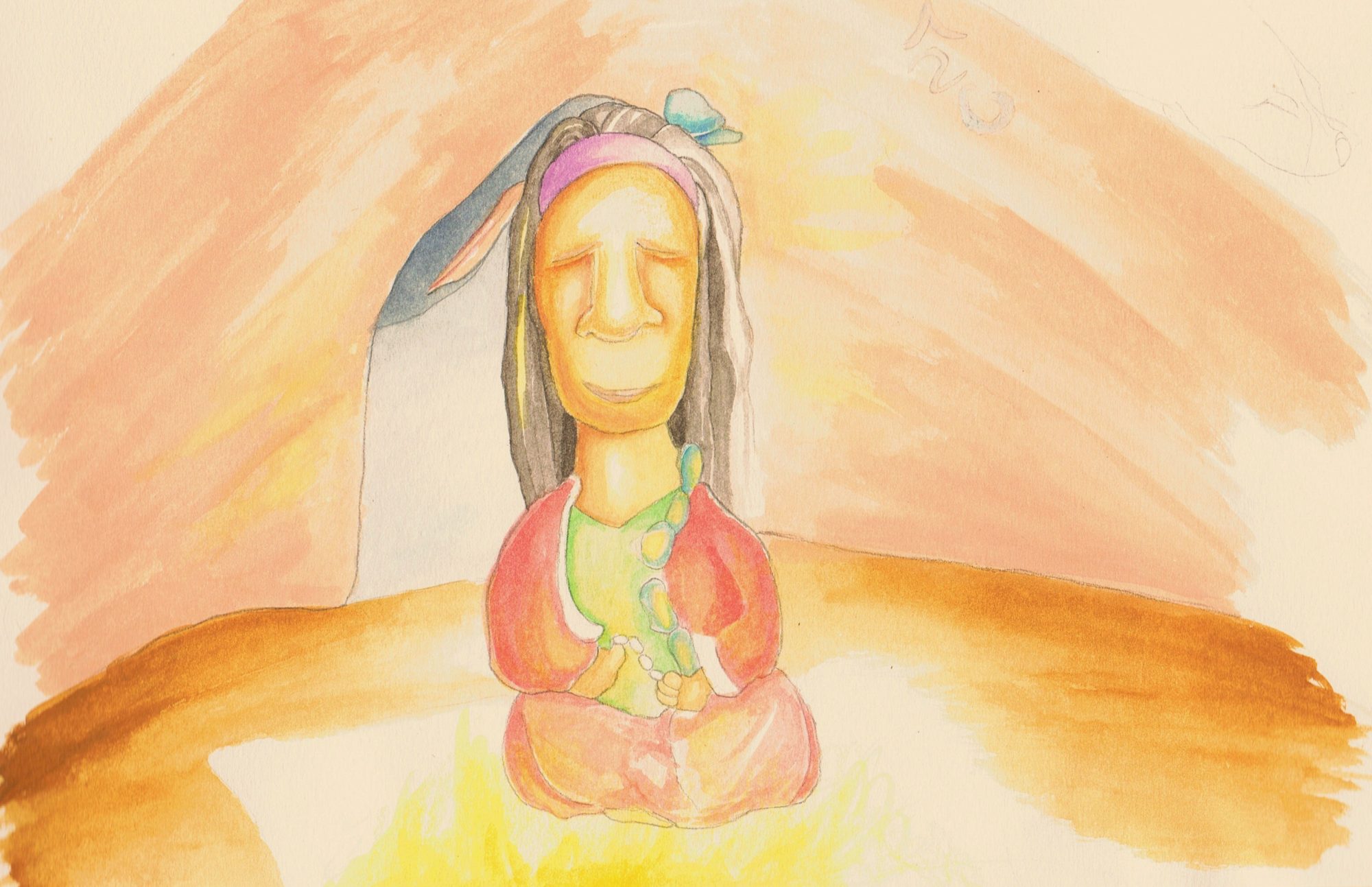I doubt that anyone has ever been grateful for getting dementia. We are grateful for something that we are given, unless we do not like it, in which case, we are ungrateful.
Being in gratitude is different to being grateful. It is an emotional state of being that I feel, whereas being grateful is something that I learn to do.
As gratitude is a feeling, it can only be experienced in the present moment. It can be felt in any moment of time in which I experience having what I truly want. When ever I feel that I have what I truly want, I feel the emotion of gratitude.
Gratitude is a pure emotion and a prime attribute. An attribute is a state of being that I attribute to myself and a prime attribute is one that is most beneficial.
Gratitude is very beneficial because it is an expression of having what I want and endorses my contentment. That feeling is very powerful and it has the power to put into my future whatever I am presently feeling gratitude for.
The Law of Attraction states that like energy unto itself is drawn. This means that whatever I feel in gratitude of, I attract unto myself. This is the secret known to the Sages of Antiquity. When I offer gratitude for whatever I have, I ensure that it remains in my future experience.
My statement of wanting is a statement of not having, which puts the experience of not having it into my future. Wanting something, or anything, pushes it away and being in gratitude attracts it into each and every future moment. The feeling of gratitude maintains what I have as my present experience.
Dementia, by default, allows presence in the moment because of the absence of memory. With the mental incapacity of memory loss, it is not possible to meander back into the past or project one’s thinking into the future.
Being present, whether by design or by default, allows us to observe what we actually have. When we are happy, we are content with what we currently have in our life. When I am happy and focused on what I presently have, I have the opportunity to feel in gratitude for whatever is making me happy.
Dementia causes an enforced presence that allows a person to sit for hours in the contentment of their own company. When being present is no longer a challenge, not being present is no longer an issue. When not being present is no longer a problem, presence allows gratitude to be an opportunity.
Presence & gratitude are both connections to our authentic power. Any negative emotional distraction or disconnection will block the feeling of presence and disallow the feeling of gratitude. In every present moment, I have a choice of seeing my circumstances as either a blessing or a curse. Being happy in that present moment allows happiness to remain present in my experience.
Quality dementia care allows the patient to be happy in their present moment and remain in that present state of being. This is the gift or present that the carer offers the patient.
Caring is not something that you do to make a patient happy. Happiness flows from within a patient when it is allowed to. Allowing a patient to be happy is a duty of care.
When the carer appreciates a patient’s presence & contentment, the patient’s contentment and presence appreciates. When the carer is content with the present state of the patient, the patient is allowed to be present & happy.
Being physically content is the best that any carer will achieve for their patient. Fulfilment & joy are emotions that the patient will have to discover for themselves. The joy of a truly fulfilling life is the best antidote for dementia. Fulfilment & joy are far too emotionally powerful to allow dementia to ever be a problem.
With fulfilment & joy beyond the reach of someone with dementia, their gratitude & appreciation are worthy substitutes to compliment their state of being physically content. Being in gratitude for whatever allows me to experience contentment is the way to maintain the feeling of contentment.
There is nothing a carer appreciates more than the gratitude that they receive for ensuring or facilitating their patient’s contentment. A sensitive carer will feel their contentment of their patient’s contentment and the gratitude the patient has for the care they are receiving.
Gratitude is a great opportunity for any patient to show how happy they are with the care that they are receiving. The Golden Rule is to always give what we choose to receive. When the carer is content and in gratitude for their patient, the patient will be content and in gratitude for their patience.
